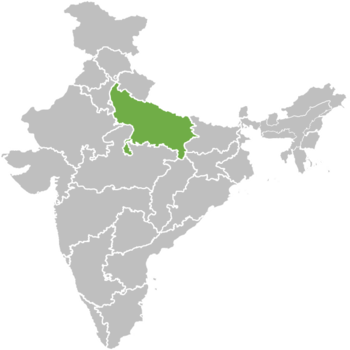Solar Mini Grid
DBF in collaboration with Schneider Foundation (SF) has undertaken the solar mini grid project in Ramgarh and Nigohi in the Indian state of Uttar Pradesh. The region has significant potential for agriculture but the primary bottleneck is lack of access to irrigation. There are a total of 420 households in these two villages with only 104 of them having access to grid electricity.
Water for irrigation is available in locations which are far away from the fields and renting pipeline and pumps is a costly affair. The solar power infrastructure (mini-grid) set up as part of the project will serve two purposes – supply electricity to pumps for irrigation in the daytime and supply electricity to households at night for domestic use.
Through this project, it is planned that 400 acres of land will be irrigated using solar power and 100 households will get access to clean energy for lighting.
An innovative business model is being adopted to make this project sustainable. Post the development of the mini-grid by DBF and SF, the operations and maintenance of the assets will be handed over to an operating agency. This agency will charge a small fee from the villagers who choose to consume energy from this project which is like a prepaid model. This would ensure revenue required to finance maintenance of the infrastructure to the highest standards at all times.
For domestic consumption, people would be offered different schemes which would range from 10 watt to 60 watt with basic scheme covering one light and mobile charger and may go up to a scheme comprising of two lights, one fan, mobile charger and television connections.
For pumping water for irrigation, two 7.5 HP motors have been proposed to be installed and water would be provided to different farmers on different days as per a pre-decided schedule.
Till now, land mapping has been done to identify target beneficiary households and farm fields to be covered under the initiative.
This innovative approach towards provisioning of sustainable energy has the potential to be replicated on large scales in different parts of the country.





